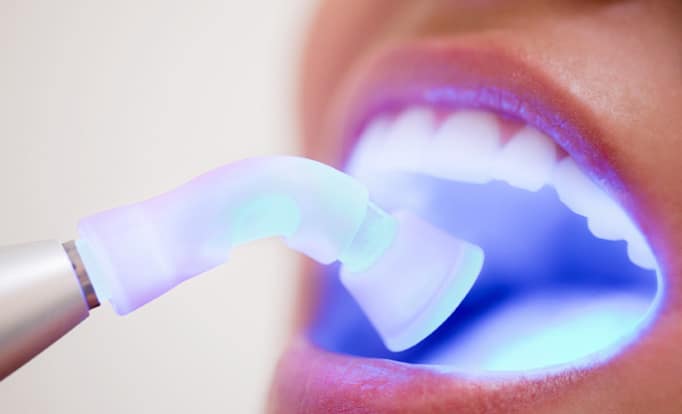
How Poor Oral Health Could Lead To Serious Disease
Good oral hygiene is important not just for a beautiful smile but also for your overall well-being. Poor oral health can cause more than toothaches; it has been linked to some very serious conditions, such as heart disease and stroke. In this article, we will look at how poor oral health can lead to more dangerous diseases and what you can do to prevent it from happening.
How Poor Oral Health Can Lead To Serious Diseases
Gum Disease
Gum disease, also known as periodontal disease, is an infection of the gum and bones that support the teeth. It is caused by a buildup of plaque on the teeth which leads to inflammation and redness in the gums. If left untreated, it can cause severe damage to the bone and tissue that supports your teeth and could even lead to tooth loss. Gum disease has been linked to heart disease, stroke, diabetes, and Alzheimer’s Disease.
Oral Cancer
Oral cancer occurs when abnormal oral cells grow out of control. Poor oral hygiene increases a person’s risk for oral cancer due to an increased accumulation of bacteria that can promote tumor growth. Smoking or using smokeless tobacco also significantly increases your risk for oral cancer.
Bad Breath
Bad breath, or halitosis, is caused by a buildup of bacteria in the mouth. Poor oral hygiene can lead to an accumulation of these bacteria, which causes bad breath as well as other oral health problems.
How To Maintain Good Oral Hygiene
Brushing and Flossing
The best way to maintain good oral hygiene is to brush and floss your teeth at least twice a day. This will help remove plaque and food particles from between the teeth, which could otherwise lead to gum disease and other oral health issues. It is also important to use fluoride toothpaste that contains antibacterial agents such as triclosan.
Regular Dental Visits
Visiting your dentist at least twice a year is essential for good oral health. The dentist can check for any signs of gum disease or oral cancer and can give advice on how to improve oral hygiene.
Healthy Diet
Eating a healthy diet is also key to oral health. Eating foods that are low in sugar and carbohydrates will help keep plaque levels low and reduce the risk of gum disease, cavities, and bad breath. Eating crunchy fruits and vegetables such as apples and celery will also help remove food particles from between the teeth.
Conclusion:
Good oral hygiene is essential for overall well-being. Poor oral hygiene can lead to gum disease, oral cancer, and bad breath. To maintain good oral health it is important to brush and floss twice a day, visit the dentist regularly and eat a healthy diet.
A: The signs of gum disease include red or swollen gums, bleeding gums when you brush your teeth, receding gums, persistent bad breath, and loose teeth.
A: The best toothpaste for oral health contains fluoride and antibacterial agents such as triclosan. It should also be free from harsh chemicals and abrasives that could damage the enamel of the teeth.
A: Poor oral hygiene has been linked to a number of serious conditions such as heart disease, stroke, and oral cancer. It is important to maintain good oral hygiene practices to reduce your risk for these conditions.



